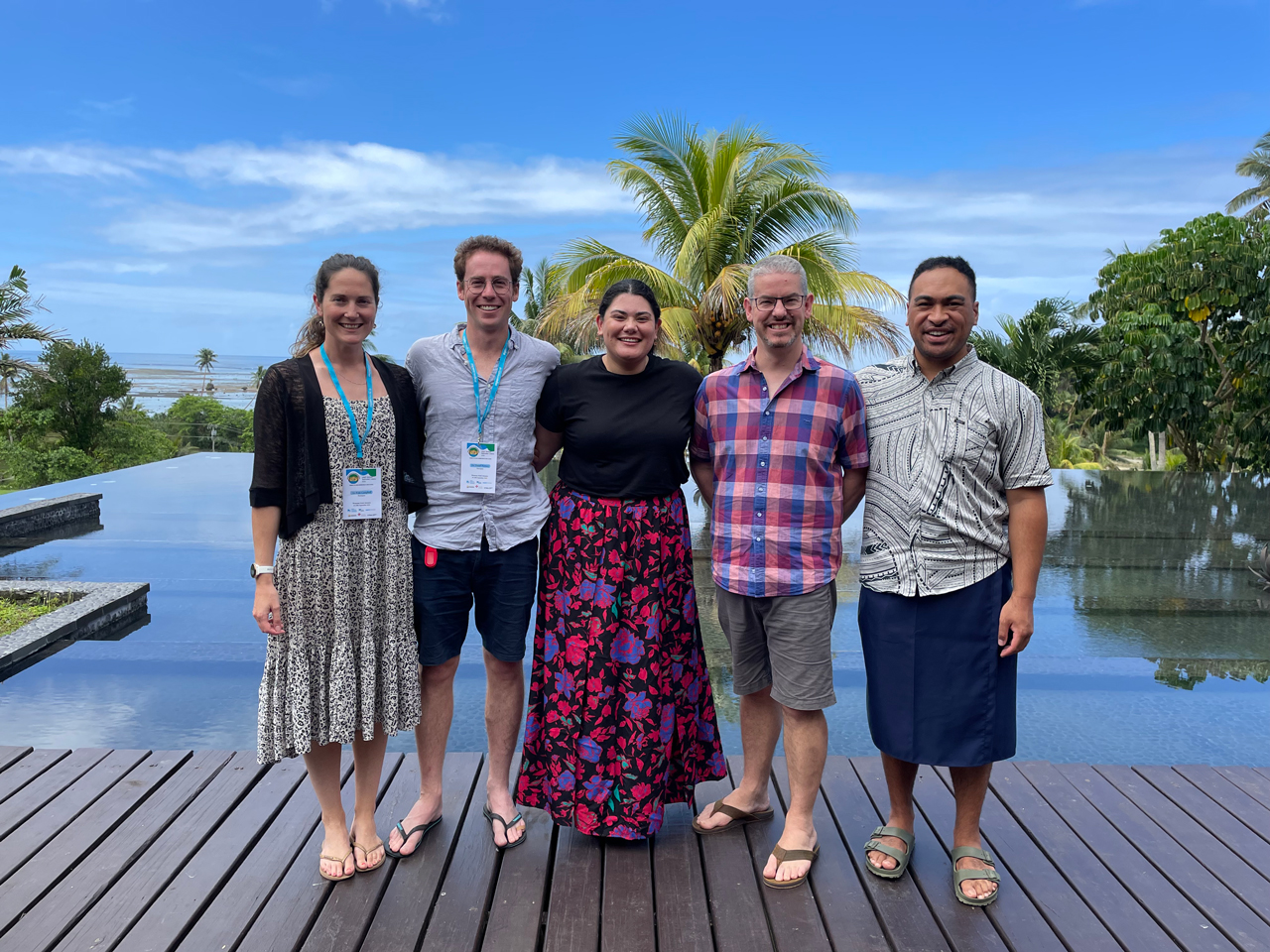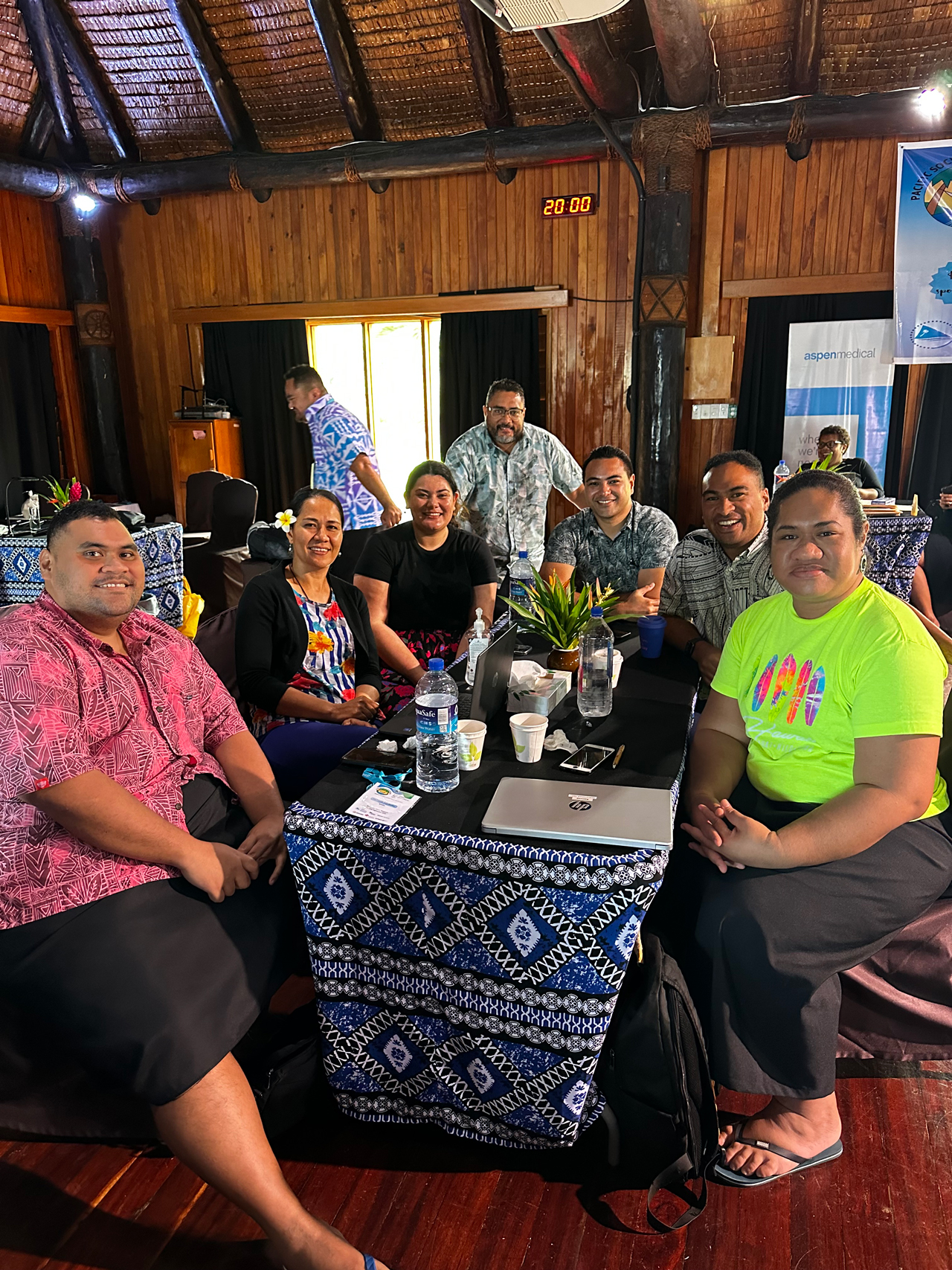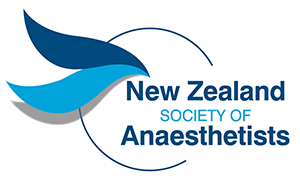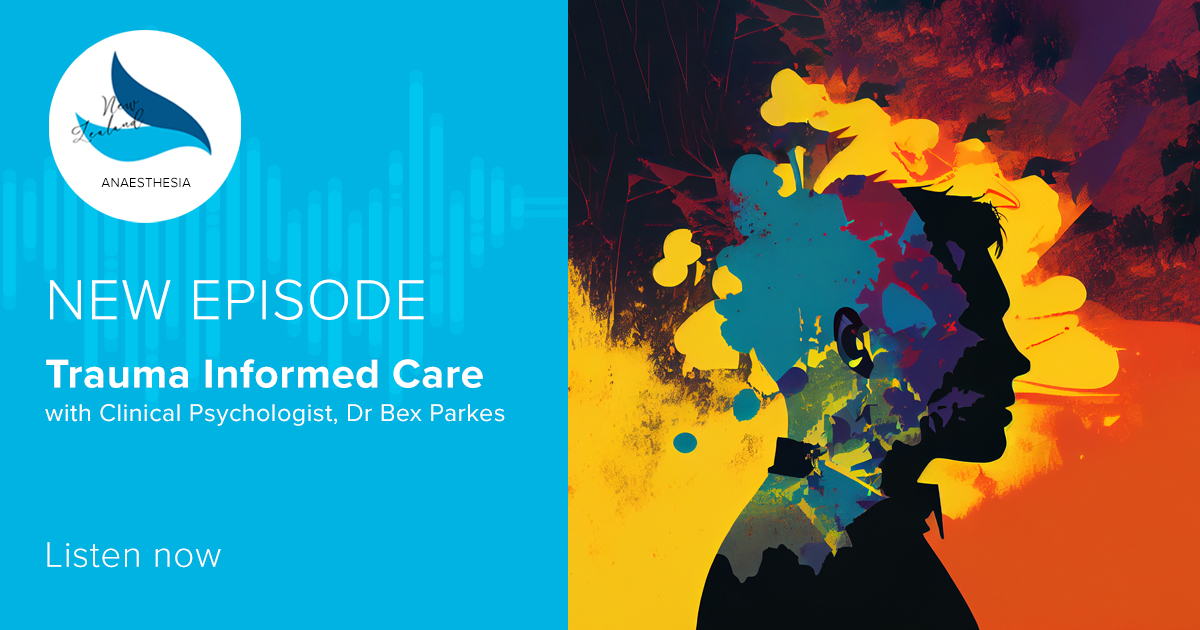Staying connected in the Pacific
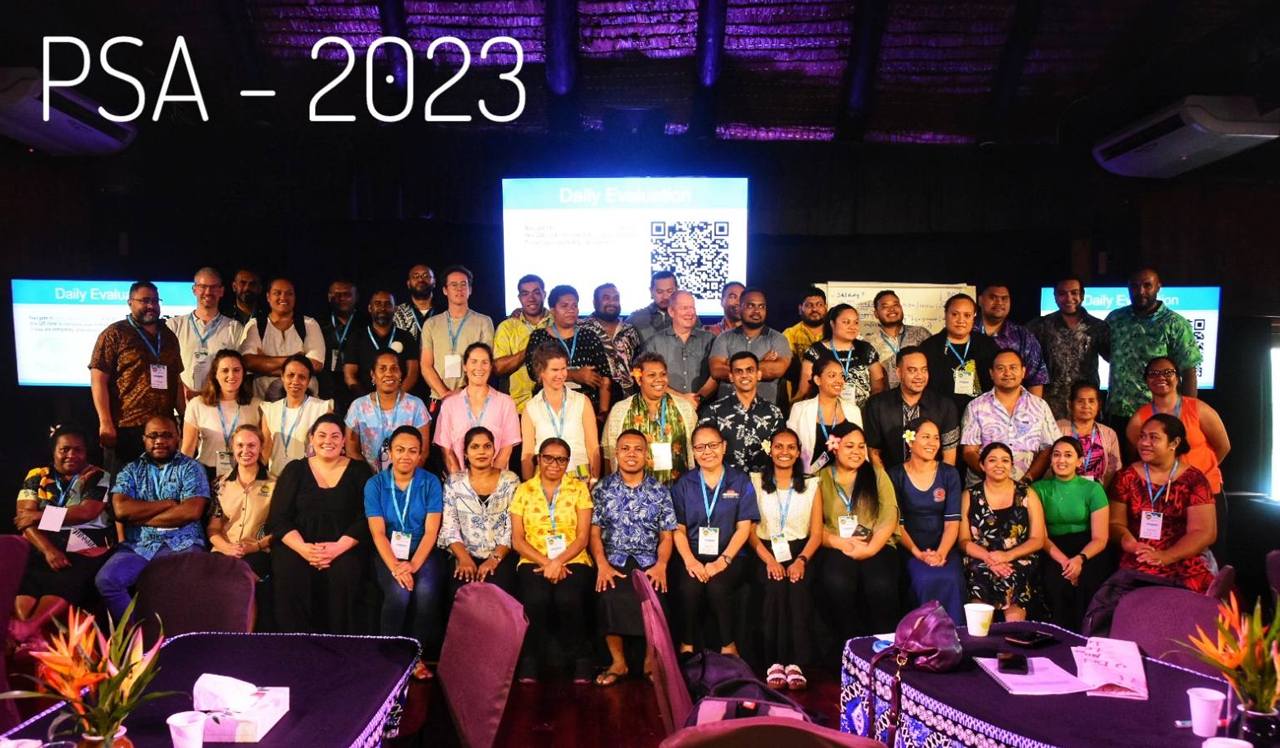
Applications for the grant to attend the 2024 meeting are open: Find out more
Applications close March 10 2024.
2023 Global Health Committee Trainee Grant Recipient, Dr Toni Anitelea, Basic Trainee
The Pacific Society of Anaesthetists’ (PSA) 32nd annual meeting was held in Savusavu, Fiji. It was both a celebration and a reinvigoration of knowledge for old friends, colleagues, and new faces. I attended the PSA conference as a New Zealand-born-Samoan ANZCA trainee thanks to the New Zealand Society of Anaesthetists (NZSA) and their Global Health Committee (GHC) Trainee Grant. The Pasifika Medical Association (PMA), the Australian Society of Anaesthetists (ASA), the South Pacific Commission, and Aspen Medical as primary sponsors ensured this collaboration was a successful one.
The theme of ‘staying connected’ was embraced by both speakers and delegates, with a great variety of topics covered over the week. Talks included trauma management, mass casualty cases, debriefing in a medical context, burns management, leadership, pain services, obstetrics, and paediatrics. However, the overwhelming take home message of the week was the importance of well-being and the recognition of burnout or moral injury and how to manage this.
Many of the Pacific nations continue to fall well below the World Federation of Societies of Anaesthesiologists (WFSA) target minimum density of physician anaesthesia providers (PAP) of 5 per 100,000 population. Some entire countries have only one or two anaesthetists. During the conference, I heard of the burden of providing care in these settings and the daily sacrifice of time with family and loved ones. For many, attendance at the conference was only possible due to the support of volunteer locums.
Every year, each country shares updates and highlights of their clinical experiences. Samoa, Tonga, Vanuatu, Fiji (Suva, Lautoka, and Labasa), Solomon Islands, Niue, Tuvalu, and Kiribati all shared cases that would prove difficult even in our most advanced tertiary hospitals in New Zealand. Kiribati shared a case of a blind nasal intubation of an awake patient who had an occluding tongue mass after presenting to the hospital with significant weight loss. Anaesthetists from Papua New Guinea, who were attending the PSA for the first time, shocked us with their stories of spear warfare amongst the isolated tribes in their highland regions. For one unfortunate man, a spear piercing his right ventricle caused cardiac tamponade whilst in a community more than eight hours journey from a hospital and access to blood products. A junior, non-training registrar was talked through how to deliver appropriate anaesthetic care to him over the phone.
Savusavu was the backdrop for sharing knowledge and lessons learnt across the Pacific and provided a welcome opportunity for our colleagues to reconnect, refocus, revitalise, and restore after another busy year of working in anaesthesia and intensive care. For me, it was not just a learning experience, it was a chance to make connections with my people and find my place in the world of anaesthesia as a Pacific ANZCA trainee. I had many discussions about how we can do better for our people in New Zealand, Samoa and throughout the Pacific, and for the first time during training, I was not a minority. I look forward to a future where I can return to the PSA with a FANZCA and continue to strengthen these relationships.
Images: Top NZ delegates at the 2023 PSA Meeting. Bottom: Samoan delegates at the 2023 PSA Meeting
